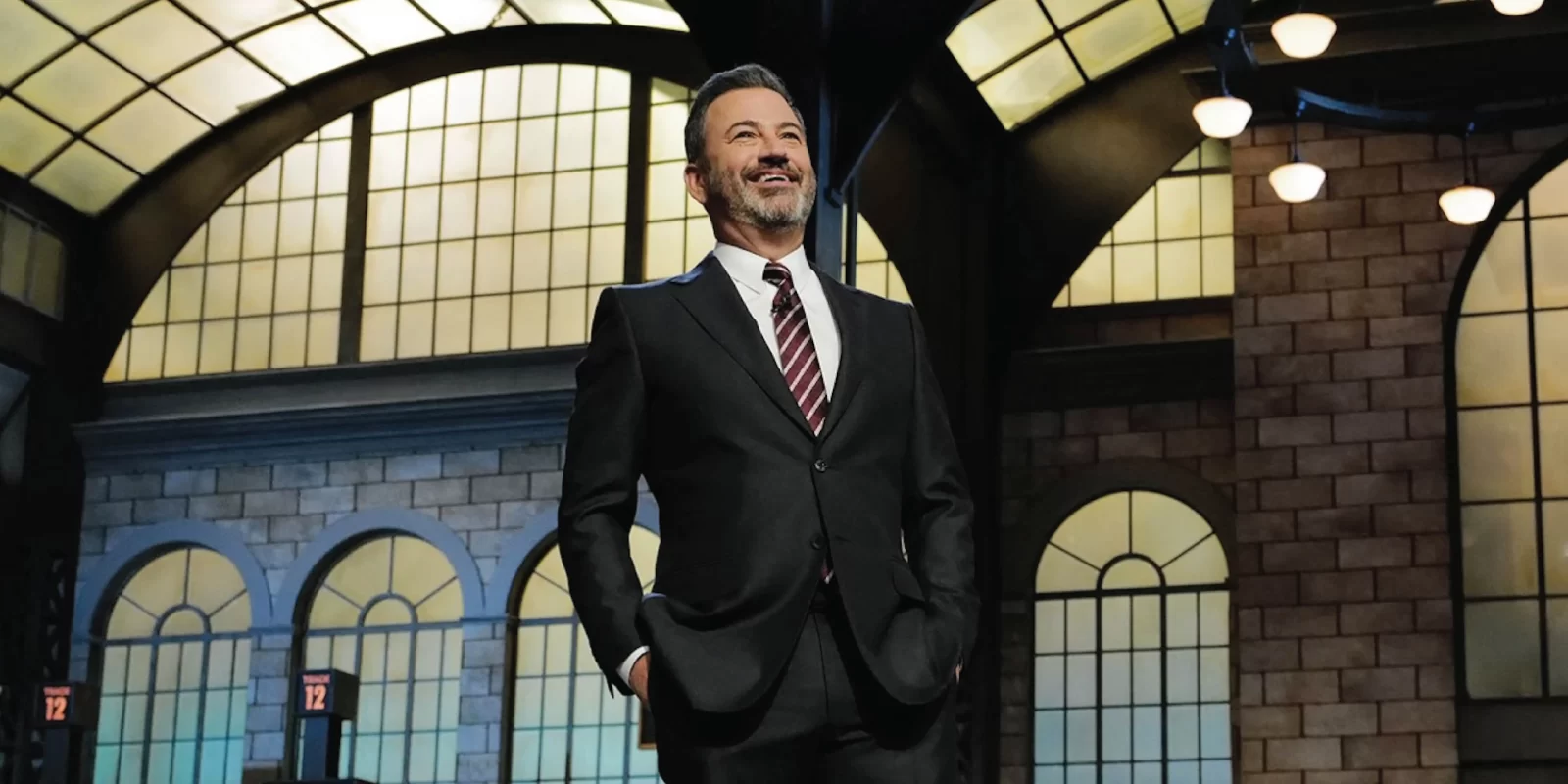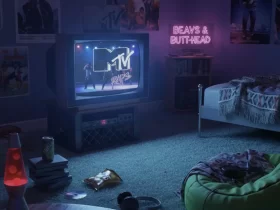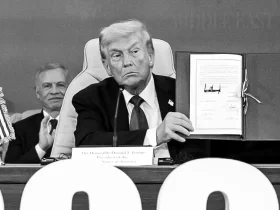The suspension of Jimmy Kimmel Live! has sparked a major debate in the United States about the limits of free expression and the reach of political and corporate censorship. The decision came after the late-night host’s remarks about the killing of conservative activist Charlie Kirk. While some praised the move, many unions, organizations, and free speech advocates condemned it as a dangerous precedent.
What Did Jimmy Kimmel Say?
During one of his monologues, Kimmel accused the MAGA movement of trying to take political advantage of the tragedy. He stated:
“The MAGA gang is desperately trying to characterize this kid who murdered Charlie Kirk as anything other than one of them, and doing everything they can to score political points from it.”
He also mocked Donald Trump’s response to Kirk’s death, noting that the former president focused more on a new White House ballroom project than on grieving for someone he had called a friend. Kimmel quipped: “This is not how an adult mourns the death of a friend. This is how a four-year-old mourns a goldfish.”
Nexstar Media Group, the largest television station operator in the country, labeled Kimmel’s remarks “offensive and insensitive,” prompting ABC to pull the show from the air indefinitely.
Reactions to the Suspension
The decision by ABC and Nexstar drew immediate backlash. Major Hollywood unions, including SAG-AFTRA, the Writers Guild of America (WGA), and the American Federation of Musicians, condemned the suspension.
SAG-AFTRA declared:
“Our society depends on freedom of expression. Suppression of free speech and retaliation for speaking out on significant issues of public concern run counter to the fundamental rights we all rely on.”
The WGA added that silencing dissenting voices “impoverishes the whole world,” reminding the public that the First Amendment was designed not just to protect agreeable views but also those that disturb or offend.
Celebrities and public figures also rallied in support of Kimmel. Ben Stiller, Sophia Bush, and Don Lemon criticized the move, with Bush going so far as to say, “The First Amendment doesn’t exist in America anymore.”
Free Speech or Consequence Culture?
Trump supporters applauded the suspension, framing it as a form of “consequence culture.” Critics, however, see it as a direct attack on dissent.
Brendan Carr, Trump-appointed chair of the Federal Communications Commission, accused Kimmel of “lying to the American people” and hinted that networks could face regulatory consequences if they didn’t act. For many, this looked like a case of government pressure against private media.
This raises a key question: is this about protecting public sensibilities, or about punishing political satire?
The Danger of Silencing Critical Voices
The Kimmel controversy forces Americans to ask an unsettling question: Is free speech truly safe in the United States?
When a comedian is censored for criticizing a politician, and unions warn of “state censorship,” the debate is no longer about one late-night joke—it becomes a warning sign for democracy itself.
What’s at stake is not just a TV show, but the right of any citizen—comedian, journalist, or ordinary worker—to challenge power without fear of retaliation.








































Leave a Reply